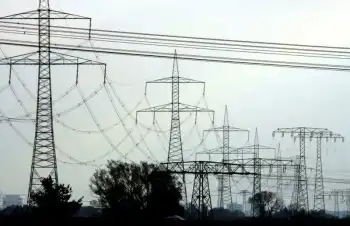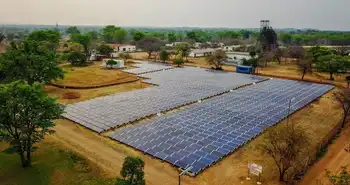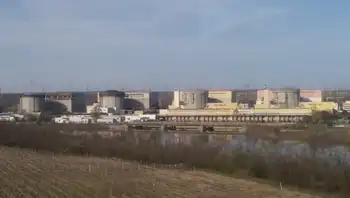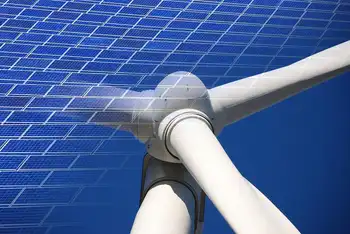Advanced turbine cuts fuel use, emissions
By Reuters
NFPA 70e Training
Our customized live online or in‑person group training can be delivered to your staff at your location.

- Live Online
- 6 hours Instructor-led
- Group Training Available
GE Energy is introducing an upgraded Frame 7FA gas turbine to help power plant operators reduce costs and emissions, the company said in a release.
U.S. utilities are expected to build more gas-fired plants in the next decade due to increasing gas supply and the uncertainty of costs tied to proposed carbon legislation.
A typical combined-cycle plant using two new 7FA gas turbines with a single steam turbine would save $2.1 million per year at a gas price of $6 per million British thermal units, the company said, compared to a plant with GE's existing 7FA turbine.
The more efficient plant would also avoid emissions of 19,000 metric tons of CO2 annually compared to the earlier version, GE said, the equivalent of the heat-trapping emissions of nearly 3,800 cars.
"We have amassed technological advances from across our expansive portfolio of power generating and aviation turbines and delivered them in this upgraded 7FA turbine," said John Reinker, general manager of gas turbine products for GE Energy.
Natural gas power plants emit only about half the CO2 of traditional coal-fired plants. CO2 is the primary gas blamed for global warming.
GE said it will manufacture the upgraded 7FA turbine in Greenville, South Carolina, and begin shipments in early 2012.
Some of the first new 7FA turbines will be used at the proposed 586-megawatt Oakley Generating Station in Oakley, California. The plant is being developed by Radback Energy and is expected to be transferred to Pacific Gas and Electric Co after reaching commercial operation, GE said.











